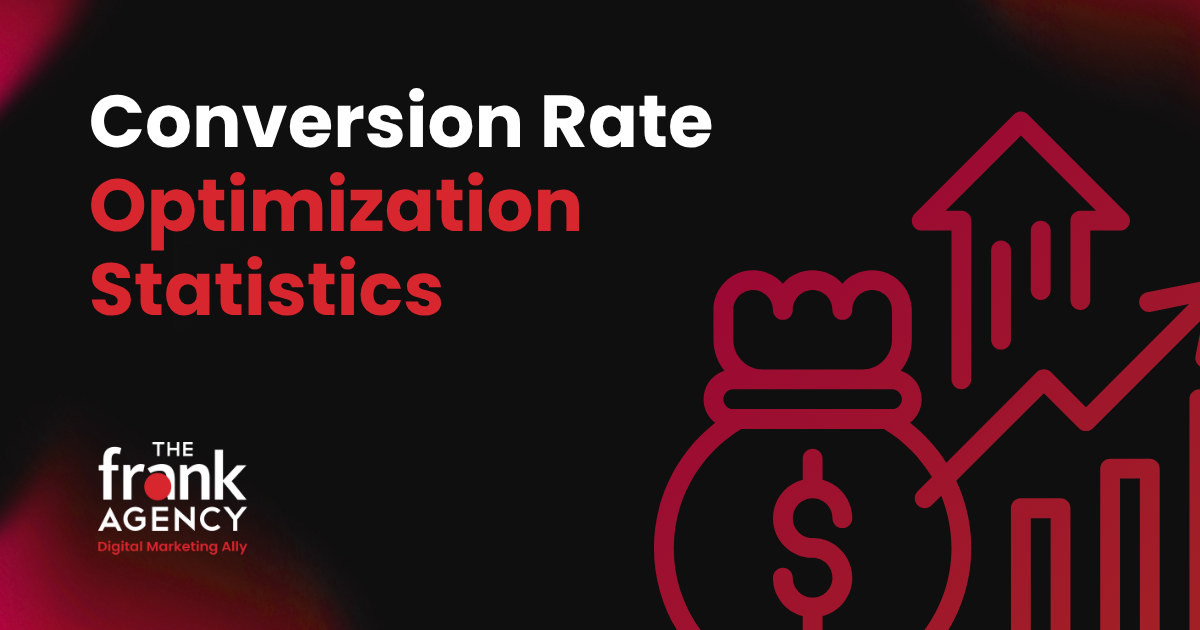The frank Agency strives to grow our clients’ keyword portfolios as a whole, from keywords that garner thousands of searches per month to the keywords that only receive 20 per searches per month.
Many times, these lower-trafficked keywords come in the form of a question. But why bother with these keywords that receive such little traffic?
- Keywords with huge search volume also often have the most competition. For example, ranking well for the term “bananas” may require months of extensive SEO content generation and strategizing. Conversely, question-based keywords with lower search volume like “what nutrients are in a banana” often have less competition and may be easier to rank for.
- Consider the wide array of people searching for “bananas.” Some might be looking to buy bananas, some might be looking for the history of bananas, and some might be interested in the economics of bananas. Conversely, a more focused keyword or phrase often targets a specific group of people searching for something. For example, the “what nutrients are in a banana” question-based keyword is likely of interest to health-conscience people.
So, now that you see the value in lower-trafficked keyword opportunities, how do you find them in your keyword research? Here are three methods to find some of these question-based keywords that may be important to your website.
- SEO Tools – Some of The frank Agency’s favorites include MOZ, SEMRush and BrightEdge. MOZ in particular is great at finding those organic query searches by using its Keyword Explorer. After typing in a root keyword like “bananas,” a dropdown menu actually allows you to select “just include questions.” This tool generates hundreds, sometimes thousands of question-based keywords, so it’s important to narrow down the keywords that a) receive at least some traffic, and b) are relevant to your website.
- Google Suggest – Google has a wealth of keyword information to share with you if you know where to look. In fact, one of the best keyword-research tools is in the Google search bar itself. Simply start with the “who,” “what,” “when,” “where,” and “why,” add in your root keyword (bananas), and see what comes up! And remember – Google wants to provide the most relevant content as quickly as possible to its users; therefore, the suggestions that come up first are likely the most searched for topics for the keywords you’ve entered into the search box.
- Google Results FAQs – For some search terms, Google will produce an FAQ section of different websites’ answers to these question-based keywords. For obvious reasons, this is another great opportunity to learn the questions people are searching for about a particular topic.
Making sure you include question-based keywords into your keyword research will help you understand the topics people are searching for (both in the organic and paid listings), generate new topic ideas to produce for your audience, and over time will help you grow your audience who are asking these questions.
But of course, keyword research is only the beginning to a comprehensive and result-based SEO strategy. For help with your SEO needs, contact The frank Agency today!






